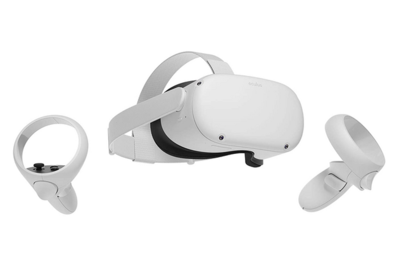It’s tough to even imagine a world without digital technology, as we have become so accustomed to it and even dependent on it for various reasons. Just about every business has implemented at least some level of digitization to operate.

Yet such is not necessarily true of procurement. While most procurement firms feel that digital transformation will change how they deliver their services, many of them have yet to devise a strategy to achieve this.
Over the next few years, the world of procurement world will see significant changes as a result of digital technology. Throughout this process, there are many concepts that procurement leaders need to become familiar with. These changes will provide a chance for procurement to embrace new models that will prove to be instrumental in its future. Click here to understand more.
Digital Procurement and Its Many Levels
Many times procurement teams cannot effectively come up with a clear strategy for digitization because they are simply unfamiliar with the terminology that is used. For instance, terms such as “digitization” or “digital transformation” are often used interchangeably despite them having slightly different meanings.
This is just an example of how there is some confusion about what digital transformation really is and how to develop a clear strategy for it. As such, the first thing that procurement teams and their respective leaders need to do is familiarize themselves with the terms used in the world of digital technology.
Procurement Facing Unique Challenge
Procurement is in a particularly unique position in that there are various aspects that must come together in order to make digitization a reality. Specifically, procurement teams must manage the effects of digitization on the supply market while supplying the remainder of the business throughout the digital transformation.
Digital technologies have an effect on both the supply and demand side of every market. With the need for instant gratification and access to information, today is an age of convenience that provides exactly what we want when we want it. Large and successful organizations such as Amazon and Airbnb have illustrated the trends for heightened digital convenience, which also applies to B2B procurement.
Conclusion
Modern society has quickly become heavily dependent on digital tools to the point that they’ve become omnipresent. As such, digital transformation may now seem like it has always been around, and that all companies have already become fully digitized. That’s not necessarily so with procurement, and in order for procurement teams to be able to take full advantage of digitization, steps need to be taken to devise strategies to implement digital technology.







